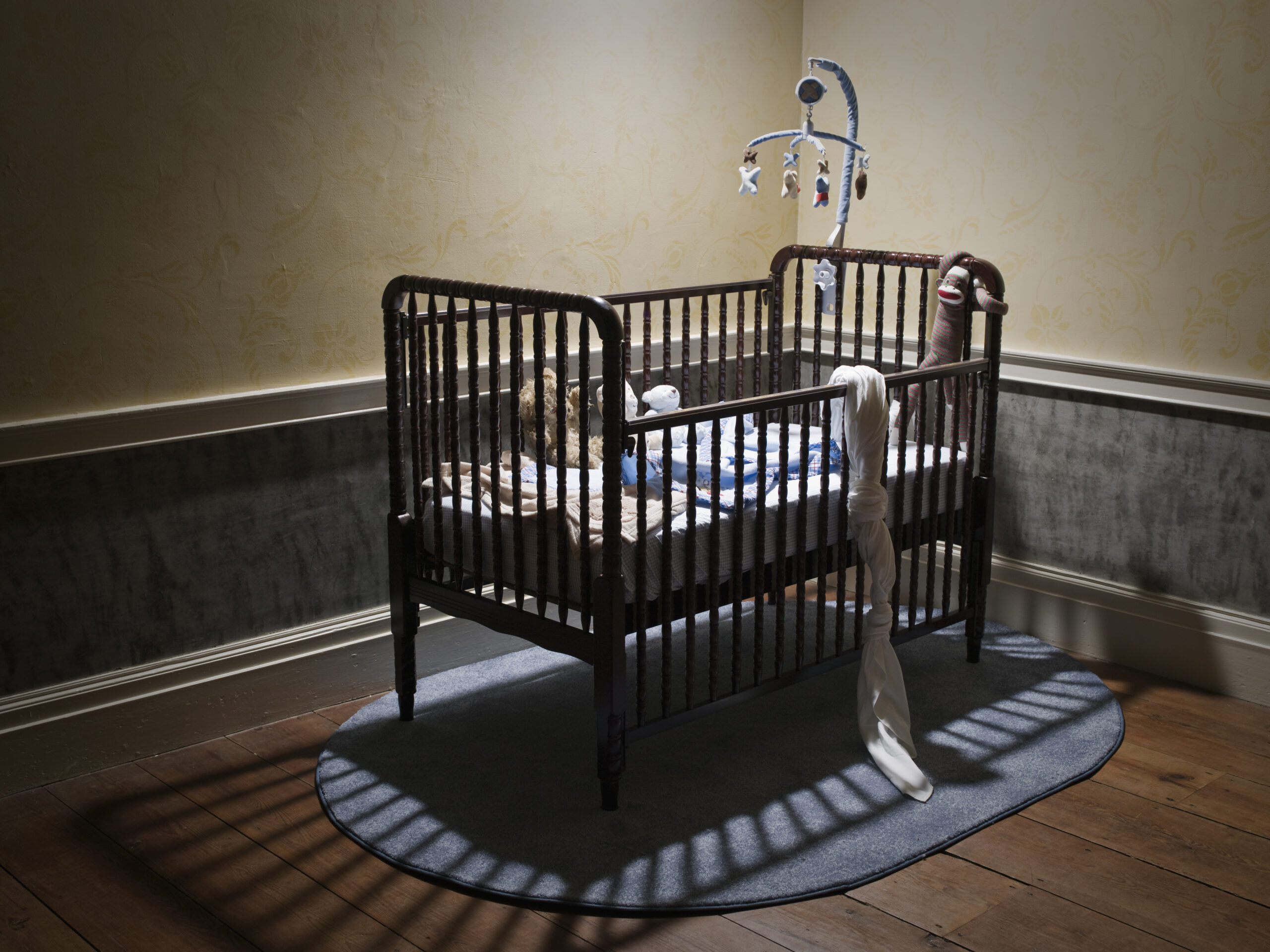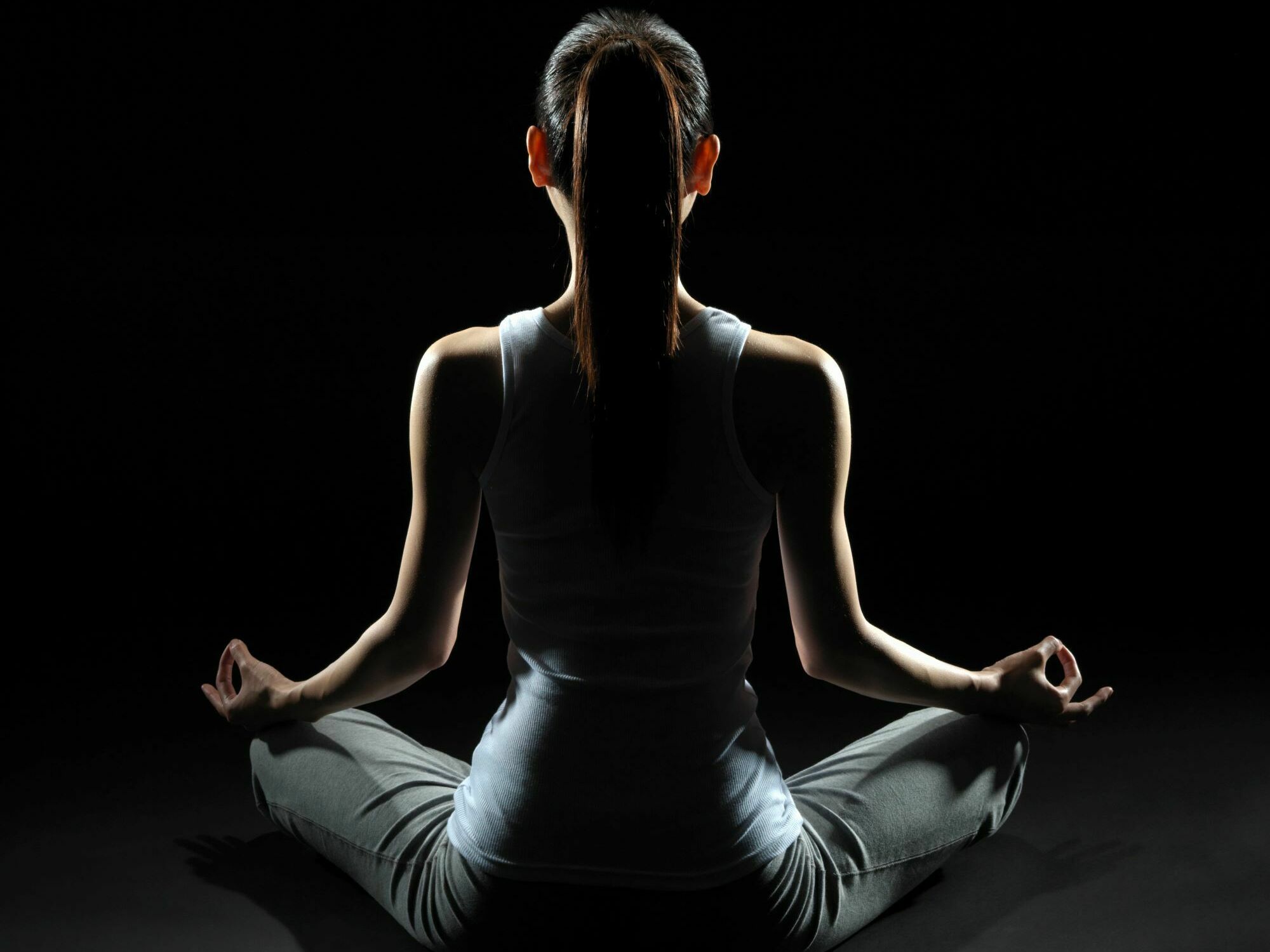New research has revealed that sleep is just as important as diet and exercise for good health and disease prevention. We find out more about why sleep plays such a key role in our well being. We also examine what Democrats in Wisconsin are doing in light of Democratic victories in states like Virginia, Oklahoma and Alabama.
Featured in this Show
-
The Importance Of Sleep
New research has revealed that sleep is just as important as diet and exercise for good health and disease prevention. But most Americans routinely cheat themselves out of the necessary shut-eye. We find out why sleep plays such a critical role in our well-being, how it changes during different life stages, and what to do if the right amount of sleep eludes you.
-
Sleep Plays Critical Role In Well-Being
A long night of sleep may feel like a luxury, but it turns out the benefits — and necessity — of a full night’s sleep are much deeper and far-reaching than waking up feeling refreshed, says Matthew Walker, professor of neuroscience and psychology at the University of California, Berkeley, and director of its Sleep and Neuroimaging Lab.
Scientists used to believe sleep was a passive state where the body rested and the mind was dormant. Now, they know they couldn’t have been further from the truth. Sleep is critical for learning, memory, creativity and emotional strength.
“The brain is incredibly and intensely active,” Walker said. “In some states of sleep, your brain is up to 30 percent more active than when you’re awake.”
Walker equates sleep to “hitting the save button on new memories” and says the brain is far more intelligent than we give it credit for with its ability to prioritize important information and identify things you’ve already learned.
“Sleep seems to have an elegant algorithm for informational storages,” he said. “And it has to have that because the brain doesn’t have infinite storage capacity. It is a fixed storage system.”
Not only is sleep healing for cerebral activities, it also acts as one of the greatest forms of blood pressure medication, recharges your immune system and regulates your metabolism, Walker said.
“Sleep regulates our appetite hormones so we don’t overeat the next day, so that we feel satisfied with our food and that we’re making the right choices in terms of what we eat,” he said.
So, what happens if you don’t get the recommended eight hours of sleep every night?
“If you’re not getting enough sleep, your brain can’t commit new experiences to memory effectively,” Walker said. And, higher-level, rational parts of your brain, like the prefrontal cortex, appear to go “offline,” causing people to be more impulsive, emotionally irrational and hotheaded.
Walker gave five tips to achieving a better night’s sleep:
- Regularity.
“Go to bed at the same time and wake up at the same time, no matter what,” he said. “The pulling forward and back of your body clock is not great for your sleep, so keep it regular.” - Temperature.
Keep your bedroom at about 67 to 68 degrees, Walker said. “Your body needs to drop its core temperature to initiate sleep and stay asleep soundly. You can do that by keeping the room cool.” - Darkness.
For a half hour before bed, shut some of your lights off and stay away from LED screens, he said. “We are a dark deprived society in this modern age. You need darkness at night for the release of the hormone melatonin, which helps time the natural onset of sleep.” - Don’t stay awake in bed for long.
Walker said you shouldn’t remain in bed if you’ve been restless for 20 to 25 minutes. Your brain quickly learns to associate your bed as a place to stay awake instead of sleep. “Get up, go to another room and read. Don’t check emails or eat and only return to bed when sleepy.” - Avoid caffeine and skip a nightcap.
“Even if you can have a cup of coffee and fall asleep and stay asleep, you won’t get into the very deepest form of sleep … so you wake up and don’t feel refreshed,” he said. As for alcohol, it is a sedative, but that doesn’t equal a good night’s sleep.
- Regularity.
-
Chances Of A Democratic Wave In Wisconsin
After Democratic victories in Alabama and Virginia this year, Wisconsin Democrats are hoping that there will be a political shift in their favor, too. An expert tells us what the numbers and trends say about Democrats chances of winning the midterm elections and the state legislature.
Episode Credits
- Judith Siers-Poisson Host
- Judith Siers-Poisson Producer
- Haleema Shah Producer
- Matthew Walker Guest
- Charles Franklin Guest
Wisconsin Public Radio, © Copyright 2024, Board of Regents of the University of Wisconsin System and Wisconsin Educational Communications Board.




